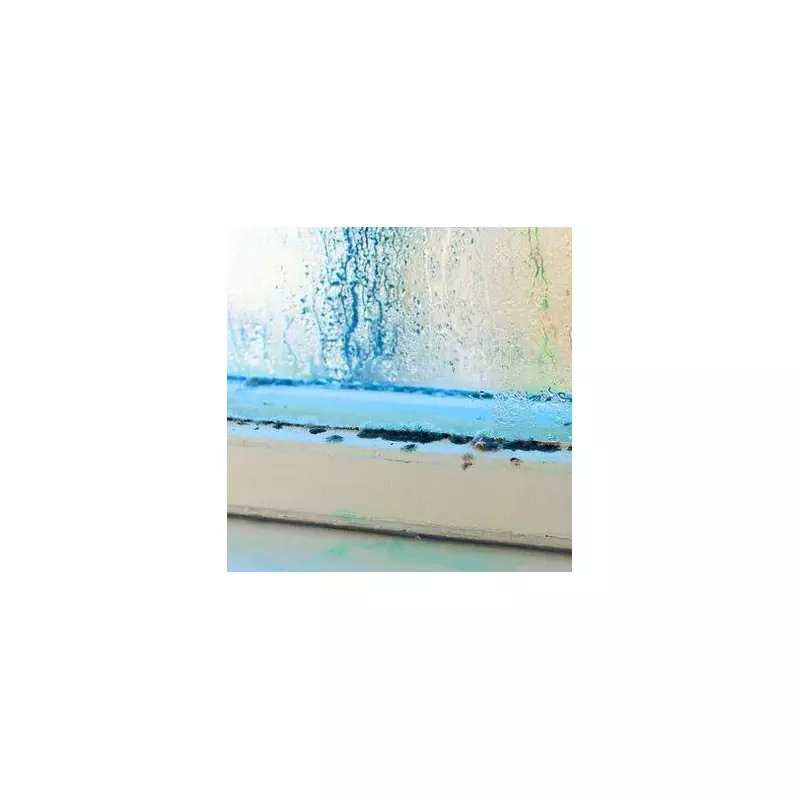
As winter tightens its grip and temperatures plummet across the UK, a familiar and troublesome sight is reappearing on windows up and down the country: condensation. Waking up to foggy, wet windows is a common cold-weather nuisance, but experts warn it can lead to more serious issues like damp and mould if left unchecked.
The Simple Morning Habit to Stop Condensation
According to the consumer champions at Which?, a remarkably straightforward and completely free daily habit can effectively banish this problem. The key action is to open your windows or vents every morning to let the moisture escape.
This simple act of ventilation allows the warm, moisture-laden air inside your home to mix with the cooler, drier air outside, preventing it from settling on cold surfaces like window panes. Condensation forms precisely when this warm, humid air comes into contact with a cold surface, cooling down and releasing water droplets.
Why You Should Tackle Condensation Immediately
Beyond being an unsightly morning annoyance, persistent window condensation poses a genuine threat to your home and health. The accumulated moisture is a primary cause of damp, which can damage window frames, sills, and surrounding walls.
More alarmingly, damp conditions are the perfect breeding ground for mould spores. The growth of black mould in particular is linked to a range of health issues, including respiratory problems, aggravated asthma, and allergies. Addressing condensation promptly is therefore crucial for maintaining both your property's condition and your family's wellbeing.
Long-Term Prevention and Additional Tips
For a longer-lasting solution, Which? suggests an easy DIY spray. Mix equal parts water and white vinegar with a couple of drops of washing-up liquid. Spray this onto your windows. The vinegar creates a protective barrier, while the soap breaks down the surface tension of any water droplets, making them less likely to stick.
It's also wise to check the state of your window seals. If they are old or damaged, moisture can infiltrate and create condensation between the glass panes, a problem you cannot wipe away. If you have double glazing, check your warranty, as these often come with 10, 20, or even lifetime guarantees that might cover seal replacement.
To further reduce household moisture and prevent condensation from forming in the first place, consider these additional steps from the experts:
- Wipe down moisture from baths and tiles after showering.
- When drying clothes indoors, ensure a window is open to ventilate the room.
- Place lids on pans while cooking and use an extractor fan or open a window.
- Consider using a dehumidifier to draw excess moisture from the air.
- Avoid sudden temperature fluctuations by keeping your heating on a low, constant setting and using draught excluders to retain heat.





